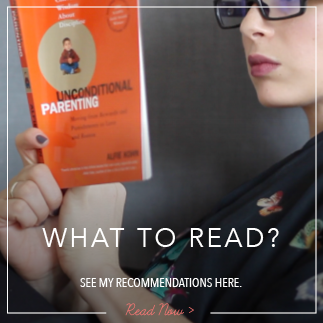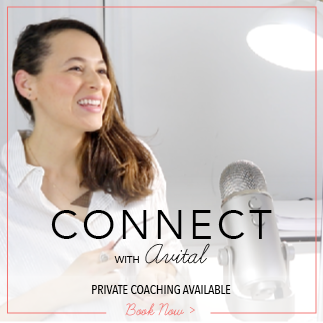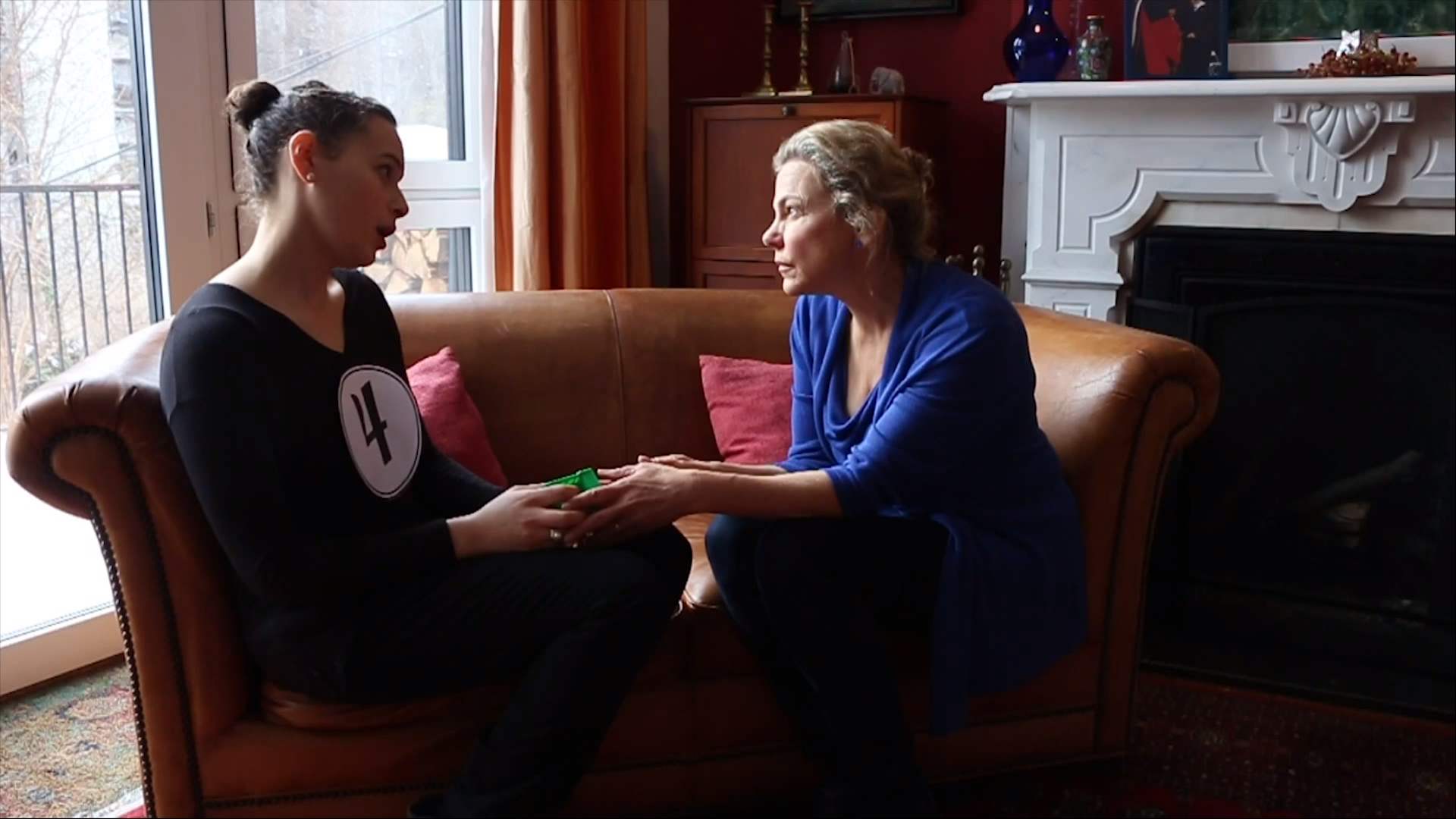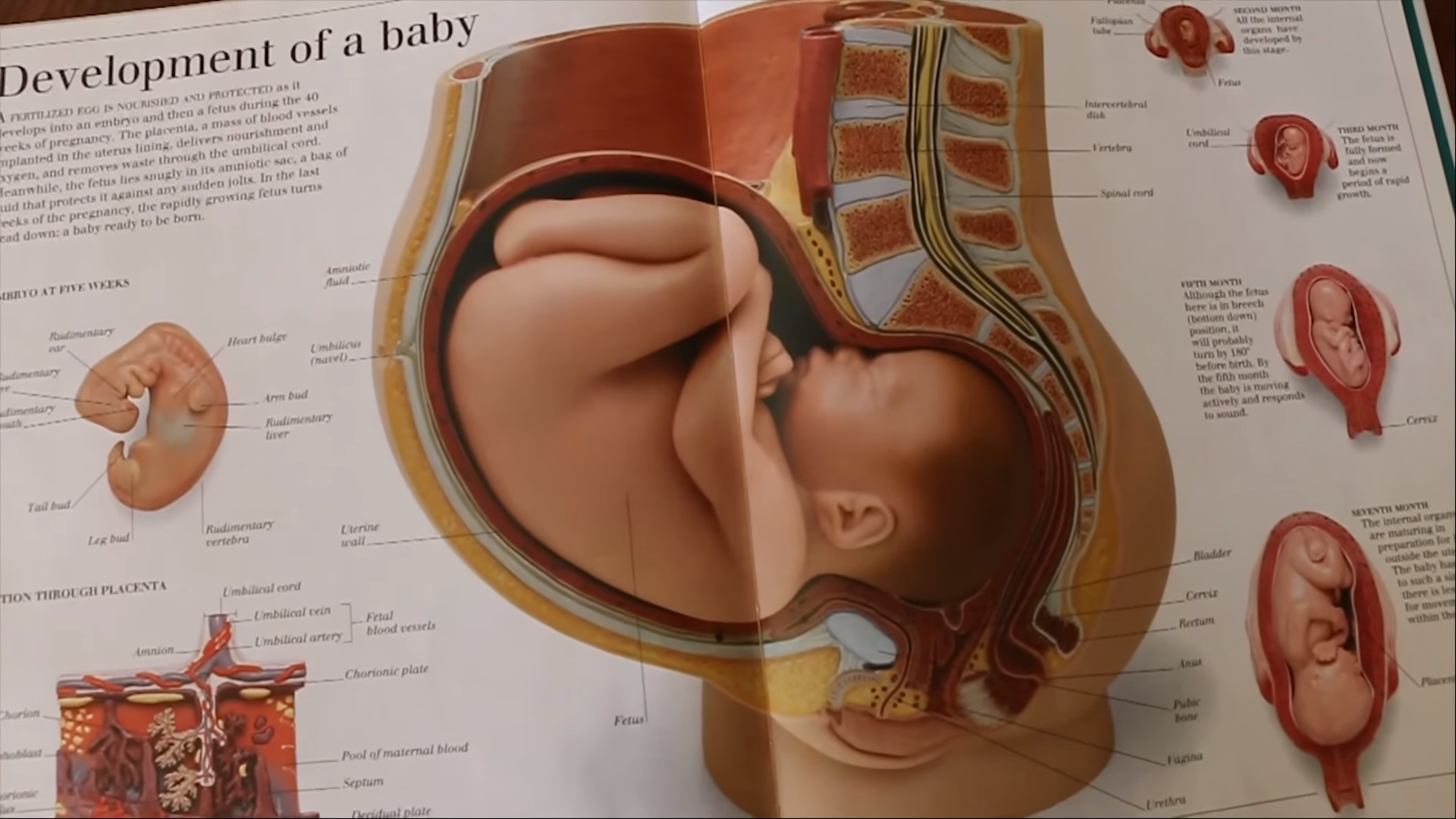How to Promote Your Child’s Body Autonomy
Ever wonder how you can help ensure that your child’s body autonomy is respected?
With all the #metoo campaigns, scary stories coming from our very own communities, schools and places of worship, and an increasing awareness around the importance of consent – I think body autonomy is atop everybody’s lips for a reason.
Sometimes I feel like being tasked with raising these precious small humans, keeping them safe and whole is just a too-darn-big-for-me job. When I first became a mother I felt as though someone had ripped my heart from my own body and implanted it in this very small, innocent being who was walking around in the world (and often bumping into things).
Talk about vulnerability.
Factor in the headlines, the hushed gossip at church, or the skeleton in your neighbors closet…
It can feel like the world is not on our side.
But I want to dissuade you from that feeling.
This video is not another “warning” sign.
It’s not here to feed into alarmist, pessimistic views about the risks and dangers our children face.
It’s not here to heighten your fear of sexual predators.
It’s not here to shame parents who tickle, roughhouse or smother their children with kisses.
That’s not my style.
The reason I’m addressing body autonomy today is that as intentional parents, we want to float into the center of our awareness all of our most default and automatic behaviors. And then to choose the ones that serve us.
Intentionality
It’s important to bring these topics up with ourselves and our kids, to address them and move from a place of awareness and consciousness – even from the youngest of ages.
Today, I’ll give you 10 ways to respect your child’s body autonomy, – including one very important “caveat” at the end, so stick around for that.
My goals is to keep it actionable and simple – I’m a firm believe in the goodness of the universe and in the inherent goodness of most people around us.
I believe raising children with a trusting and calm approach to life is far safer, from a physical, emotional and spiritual viewpoint, than constantly alerting them to dangers and functioning from a place of anxiety and fear.
On the flip side, it’s often us parents who are actually, (unintentionally and unbeknownst to ourselves), undermining our children’s body autonomy.
Far from the dark and malicious weirdo down the street – it’s often through well-intentioned words of safe and loving caregivers, that children start to loose touch with their own sense of ownership of their bodies.
Every time we:
- Tickle them into a state of panicked giggles but think ‘they’re loving it’!
- Pick baby up like a sack of potatoes, without communicating – human style – what we’re about to do.
- Grab at our child’s face with a tissue, quickly! Before they can react!
- Bribe them to give Uncle Bernard a hug, even if he does smell like carpets.
- Hold the spoon full of creamed-broccoli to their pursed lips and push, just a little.
Are these acts of willful harm? Of course not.
Do all of us do these kinds of things from time to time when raising young children? Of course.
But could we become a hellovalot more conscious about how we treat the youngest members of our society? Youbetcha.
10 Way You Can Promote Your Child’s Body Autonomy
- Offer physical touch unconditionally (1:00)
Do not use hugs, closeness to you, sitting on your lap or any other form of physical affection as a bribe, a reward (or removing it as a punishment). It’s critical that physical affection flows freely, authentically and consistently. - Receive Physical Touch Unconditionally (1:43)
When you ask your child for a hug or a kiss, allow them to decide fully whether or not they are interested in giving those. Don’t add in emotional manipulations (“But mommy is so saaad!”) or bribes (“If you give me a hug I’ll give you a cookie!”). We want our children to learn that physical affection is non-‘transactional’, but rather a spontaneous and authentic reflection of their internal experience. - Do Not Tickle or Rough House without Consent (2:30)
I’m a big fan of roughhousing. And, despite what some people teach, I think tickling has it’s place in rough housing for some kids (my daughter loves it, and so did I as a child). But never ever tickle or roughhouse without consistently, checking in and offering a safe code (such as “NO MORE!” or “STOP”) before you start.
If your child is laughing hard, stop and ask: “Again?” or “More?” and let them set the pace with plenty of opportunities to stop. Remember, initial consent (“chase me!”) doesn’t imply continual consent and your child might have started out enjoying it, but now isn’t. - Give Your Child a Voice (3:26)
Because children aren’t listened to very well, and because they may still be learning to express themselves – they often don’t know how to speak up for themselves.Teach them to say…“NO!”
“It’s my body and I don’t want to.”
“No, I don’t want to play that game.”
“It’s my body, it’s my decision.”
“No, I don’t like being touched in that way.”
“No, I don’t want a kiss.”Side note: Your child is going to use those words to you as well! Be okay with the fact that they will be able to tell you, “It’s my body, it’s my decision”, at a very young age – and that is a very good thing.
- Use Real Language for Body Parts (4:20)
Part of respecting a child’s body autonomy is to speak openly, clearly and honestly about their bodies. Euphemisms, or avoiding answering questions about their body inevitably produce shame and confusion. Start with the right lingo. (Learn more about how to have these conversations here.)Children who feel embarrassed and gets the message that speaking about bodies, body parts, or body functionality, is something that should be ashamed of or not appropriate to talk about – are children that are more likely to be targeted by predators or people who want to take advantage of them. If they don’t have the language to even speak what’s going on – give them that language clearly, scientifically about your body, their body and all about the amazing things that bodies can do. - Don’t Shame Your Children for Self Exploration (5:18)
As uncomfortable as this might feel for many of us from W.E.I.R.D (Western, Educated, Industrialized, Rich, Democratic) countries – children have sexual interest and it’s absolutely normal for children to touch themselves, and to explore sexual play with other children if they aren’t guided not to do so (more on this in coming up in the Present Play membership).I believe kids should be allowed to explore themselves (not others). Our role is to stay calm, communicative, and help our children to set boundaries and behave appropriately in public and with other children. - Teach Children About “Tricky People” without Igniting Fear of Strangers
Part of respecting their body autonomy is teaching them to stand up for their own autonomy and teaching them to be mindful of predators, or even innocent friends, without infusing them with the fear of stranger danger (more on that for another video).It’s important that children know that only their parents, or health care practitioner (with parent’s full knowledge), may see or touch their private parts (with consent) in order to keep them healthy. - Don’t Allow Others to Demand Physical Affection (7:08)
We do not have to make a big deal when uncles, aunts, grandparents or friends (etc) bribe, demand, or emotionally manipulate our children into giving them physical affection. Just respond as lightly as possible, but be prepared to stand firm when necessary.In our house, this is even true between little siblings (as young as 1 and 3!) – we teach our kids that “It’s his body, he’ll decide.” or “Look at her face, she doesn’t want to be touched”.Do not allow others to bribe or guilt your child into sitting on their laps or giving a kiss/pinching their cheeks, here are some sentences you could use:
“Let’s not push her into kissing you.”
“Let’s not push him into sitting on your lap.”
“I really don’t think he enjoys his cheeks being pinched.”
“Looks like she’s not in a hugging mood right now, but I’d love to give you a hug!”
“Awww, Grandpa you’re so sweet – I’m sorry to disappoint but Greg isn’t much of a lap-sitter these days. He usually loves a good car race though!”
“Hey! Auntie Alice, we do NOT offer lollipops for hugs in this family! (said in a jokey tone) – I’m sure the type of hug you really want will come from the heart if she feels so inclined.”
“Whoah! Hands off the little ones, careful we bite if we’re touched without permission.” - Do Not Force Feed (8:50)
If there’s no (real) medical indication to do so, let’s refrain from pushing, bribing, cajoling, manipulating or threatening our children into eating any type of food. Provide the food you want to offer and let them decide how much and if at all they dig in. It’s so much healthier, less stressful and more respectful of their bodies.
We practice the division of responsibility. If you look at my video on Stress Free Meal Times you’ll see that our parental responsibility lies in the what, when, and where of food and the rest is left up to your child to determine – how much and whether to eat what you provide. - Use Your Body to Set Limits Physically (9:37)
All this talk of body autonomy might have you feeling like you can't touch your child! But children, especially the young ones, need physical parenting.via @ParentingJunkieTweet This All of this talk of body autonomy might have you feeling like you can’t touch your child! But children, especially the young ones, need physical parenting.They need parents who will grab them away from the stove, who will pull them away from the road, who will buckle them in – even if they scream, who will pick them up and remove them from the park, because it’s Time. To. Go.
They need parents who DO give medicines, DO brush their teeth and who DO keep them clean.
They need parents who WILL stop them from hitting, who WON’T allow them to grab, destroy, or hurt others.
They need parents who feel totally unapologetic about picking them up and taking them to another room – and shutting the door (with the parent on the inside, hopefully, in most cases) when they are out of control.
Sure, our physical limit setting should happen as gently and communicatively as possible. And with empathy and kindness. But also a lot of confidence and firmness.
Children Deserve Respect
I’m very passionate about promoting the voice of a child, because children are one of the last groups of people who are not recognized as autonomous, free beings – evidence for which is the fact that HITTING THEM is still legal in many countries, including (I believe) all 50 STATES in the USA.
Us intentional parents are on a mission to change that – so if you believe children deserve respect and body autonomy – give this video a thumbs up, tweet it out and share this post on social so it can get discovered by the people who need to see it.











Thank-you, Evital……your comments are a breath of fresh air. Can we see this on mainstream TV? Wouldn’t that be wonderful! Cheer and solidarity……Nancy Mc/ Gran-Nan
That would be wonderful, Nancy! Thank you!